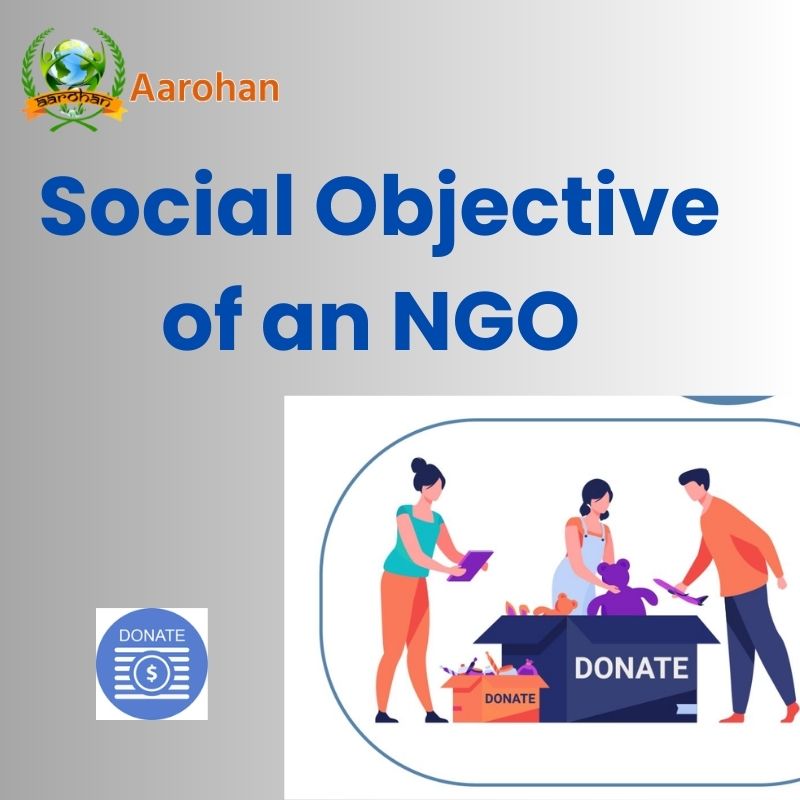The social aims of a non-government organization (NGO) are centered on addressing various social concerns, encouraging positive change, and enhancing community wellbeing. These goals serve as the impetus for the founding and ongoing operation of NGOs in Noida, directing their initiatives and operations. The following are some basic social goals of NGOs:
Social Objectives of NGO
Poverty Alleviation: Many non-governmental organizations (NGOs) work to eliminate poverty and raise the living standards of marginalized and impoverished communities. In order to help people and families break the cycle of poverty, they might offer resources, financial aid, and training.
Enhancing Education: NGOs frequently work to increase access to education, particularly in regions with low resources. Their goals may include constructing schools, providing scholarships, and developing educational initiatives aimed at empowering people through their knowledge and abilities.
Access to Healthcare: NGOs frequently fight to improve access to and the caliber of healthcare, especially in underserved areas. They might establish medical clinics, offer medical care, disperse medications, and spread knowledge of health problems.
Women's Empowerment and Gender Equality: Noida NGOs are essential to the cause of women's empowerment and gender equality. Their goals may include programmes that support, educate, and train women for the workforce, as well as campaigns to reduce prejudice and violence against women.
Conservation of the environment: Many NGOs are dedicated to defending the environment and advancing ethical behavior. Initiatives to counteract climate change, protect biodiversity, and increase public understanding of environmental issues could be among their goals.
Advocacy for Human Rights: NGOs frequently seek to defend human rights and combat social injustices. They might concentrate on subjects like discrimination, human trafficking, child labour, and free expression.
Community Development: By addressing diverse social, economic, and infrastructure issues, NGOs usually seek to promote overall community development. They might work on initiatives that improve access to sanitary facilities, housing, and regional economic growth.
Disaster relief and recovery: Following calamities or humanitarian crises, NGOs frequently have goals linked to delivering emergency aid, reestablishing communities, and guaranteeing the security and well-being of impacted populations.
Cultural Preservation: A few NGOs are committed to conserving traditions and cultural heritage. They may seek to preserve cultural practices, languages, and creative forms that are in danger of extinction.
Policy Change and Advocacy: NGOs frequently work to influence policy choices and argue for beneficial changes to laws and regulations. This is known as advocacy and policy change. Their goals could include educating the public about important topics, carrying out research, and interacting with lawmakers.
The social goals of an NGO might change significantly depending on its focus, location, and the particular requirements of the communities they serve. NGOs share a common objective, however, which is to make a significant impact on society.
Conclusion
NGOs in Noida, like Aarohan Charitable Trust, play a crucial role in fostering progress and resolving societal problems. Aarohan has helped to provide healthcare to the poor and underprivileged, promote gender equality and women's rights, support the education and well-being of children, advance sustainable agriculture and organic farming, and protect the environment for future generations. The Noida community can work together to create a better and more equal future for all by supporting the social goals of NGOs.






Comments